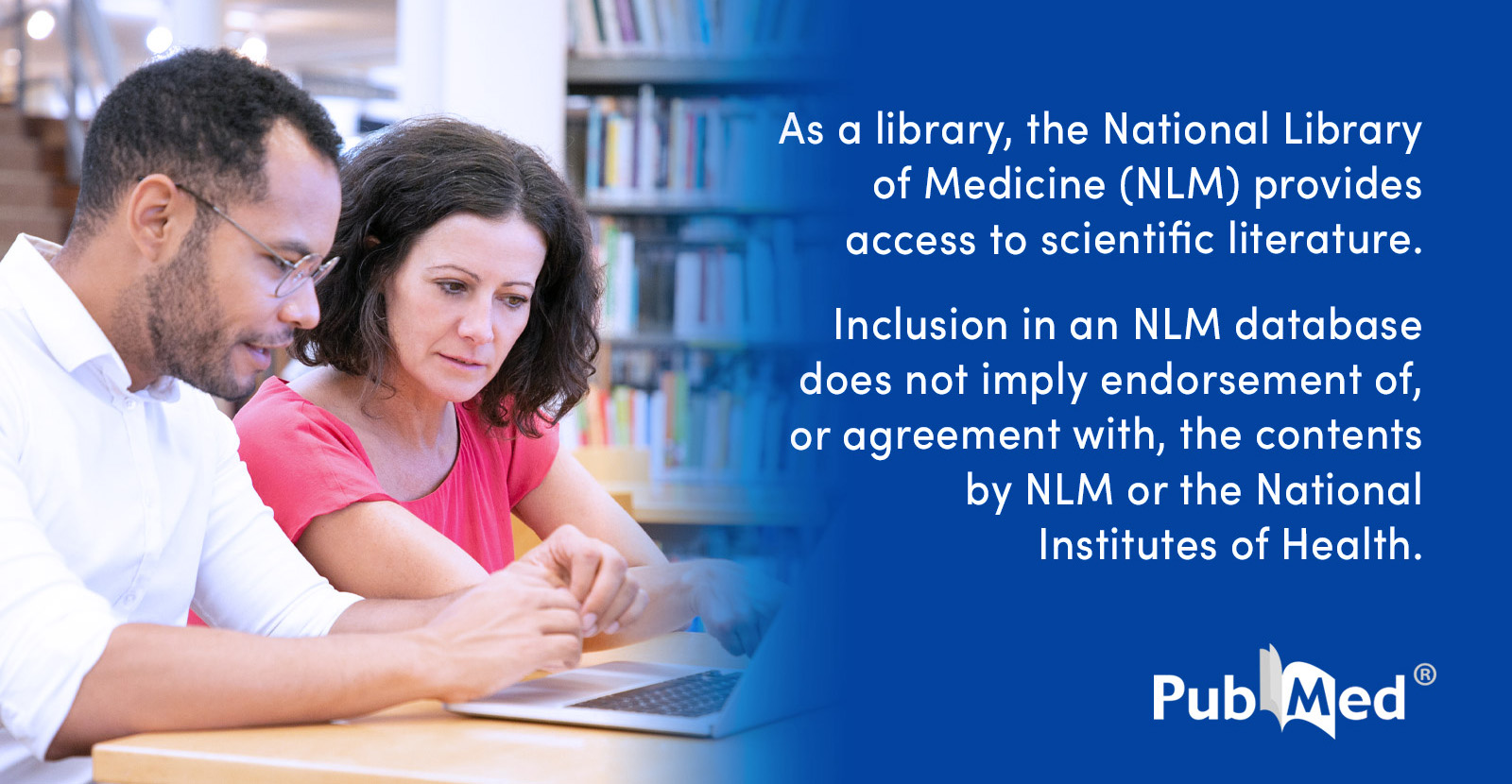- Joined
- Nov 6, 2024
- Messages
- 210
- Time Online
- 23h 47m
- Reputation
- 605
What is an autoimmune condition?

it's when your immune system attacks its own tissues.
this happens because two parts of the immune system are out of balance:
- low regulatory T-cells (t-reg cells):

these cells prevent autoimmune diseases by calming inflammation and turning off the immune response after it has done its job.
- high inflammatory immune cells:

these contribute to the overactive immune response.
to simplify:
think of autoimmune diseases as your immune system "running too hot," like a thermostat set too high.
the goal is to cool it down and restore balance.
Understanding the root problem
the underlying issue often starts with gut inflammation, which blocks the function of vitamin D3. here's why this matters:
- vitamin D3:

influences over 2,500 genes and is critical for the immune system. without it, t-reg cells can't function properly.
- vitamin D resistance:
some people have "normal" blood levels of vitamin D but are resistant at the cellular level.
this makes them functionally deficient.
The vitamin D paradox

- most people need 8,000–10,000 IU daily to maintain healthy immune function. for those with vitamin D resistance, 20,000–50,000 IU daily may be necessary to create a therapeutic effect.
- concerns about toxicity? relax. you'd need to take hundreds of thousands of IU daily for months before toxicity becomes an issue.
 pmc.ncbi.nlm.nih.gov
pmc.ncbi.nlm.nih.gov
Microbes and autoimmune conditions

your gut contains thousands of microbial species, and two specific ones are essential for preventing autoimmune diseases:
1. bifidobacterium infantis (b. infantis):

- supports t-reg cells and reduces inflammation.
- highly sensitive to antibiotics, steroids, and junk food.
- 70% of people lack sufficient levels.
2. lactobacillus reuteri (l. reuteri):

- boosts t-reg cells and increases oxytocin, a powerful anti-stress hormone.
- sensitive to broad-spectrum antibiotics; 97% of people lack it.
- oxytocin also reduces cortisol, a stress hormone that suppresses the immune system.
instead of taking probiotics in pill form, cultivate these microbes with dairy products to reseed the gut and heal the small intestine.
Selenium: The trace mineral hero

- function:
helps regulate the immune system by reducing inflammatory immune cells and autoantibodies (antibodies that attack your own tissues).
- dosage:
200 micrograms daily.

 pubmed.ncbi.nlm.nih.gov
pubmed.ncbi.nlm.nih.gov
Prolonged fasting for immune repair

fasting for 3 days at a time can:
- increase t-reg cells.
- reduce inflammation.
- stimulate new stem cells to rebuild the immune system.
Summary: Three key strategies
1. vitamin D:
high doses (8,000–50,000 IU) to overcome resistance.
2. restore gut microbes:
cultivate b. infantis and l. reuteri with dairy.
3. selenium:
200 mcg daily to lower inflammatory cells and autoantibodies.

it's when your immune system attacks its own tissues.
this happens because two parts of the immune system are out of balance:
- low regulatory T-cells (t-reg cells):

these cells prevent autoimmune diseases by calming inflammation and turning off the immune response after it has done its job.
- high inflammatory immune cells:

these contribute to the overactive immune response.
to simplify:
think of autoimmune diseases as your immune system "running too hot," like a thermostat set too high.
the goal is to cool it down and restore balance.
Understanding the root problem
the underlying issue often starts with gut inflammation, which blocks the function of vitamin D3. here's why this matters:
- vitamin D3:

influences over 2,500 genes and is critical for the immune system. without it, t-reg cells can't function properly.
- vitamin D resistance:
some people have "normal" blood levels of vitamin D but are resistant at the cellular level.
this makes them functionally deficient.
The vitamin D paradox

- most people need 8,000–10,000 IU daily to maintain healthy immune function. for those with vitamin D resistance, 20,000–50,000 IU daily may be necessary to create a therapeutic effect.
- concerns about toxicity? relax. you'd need to take hundreds of thousands of IU daily for months before toxicity becomes an issue.
Vitamin D and Autoimmune Rheumatic Diseases - PMC
Vitamin D is a steroid hormone with potent immune-modulating properties. It has been shown to stimulate innate immunity and induce immune tolerance. Extensive research efforts have shown that vitamin D deficiency may be related to the development of ...
Microbes and autoimmune conditions

your gut contains thousands of microbial species, and two specific ones are essential for preventing autoimmune diseases:
1. bifidobacterium infantis (b. infantis):

- supports t-reg cells and reduces inflammation.
- highly sensitive to antibiotics, steroids, and junk food.
- 70% of people lack sufficient levels.
2. lactobacillus reuteri (l. reuteri):

- boosts t-reg cells and increases oxytocin, a powerful anti-stress hormone.
- sensitive to broad-spectrum antibiotics; 97% of people lack it.
- oxytocin also reduces cortisol, a stress hormone that suppresses the immune system.
instead of taking probiotics in pill form, cultivate these microbes with dairy products to reseed the gut and heal the small intestine.
Selenium: The trace mineral hero

- function:
helps regulate the immune system by reducing inflammatory immune cells and autoantibodies (antibodies that attack your own tissues).
- dosage:
200 micrograms daily.

Selenium and Autoimmune Diseases: A Review Article - PubMed
A decrease in the serum level of selenium was noted in patients with autoimmune diseases, which may be a risk factor for inflammation and initiation of autoimmunity in these patients. A sufficient quantity of selenium has been shown to contribute to the management of complications of autoimmune...
Prolonged fasting for immune repair

fasting for 3 days at a time can:
- increase t-reg cells.
- reduce inflammation.
- stimulate new stem cells to rebuild the immune system.
Summary: Three key strategies
1. vitamin D:
high doses (8,000–50,000 IU) to overcome resistance.
2. restore gut microbes:
cultivate b. infantis and l. reuteri with dairy.
3. selenium:
200 mcg daily to lower inflammatory cells and autoantibodies.
